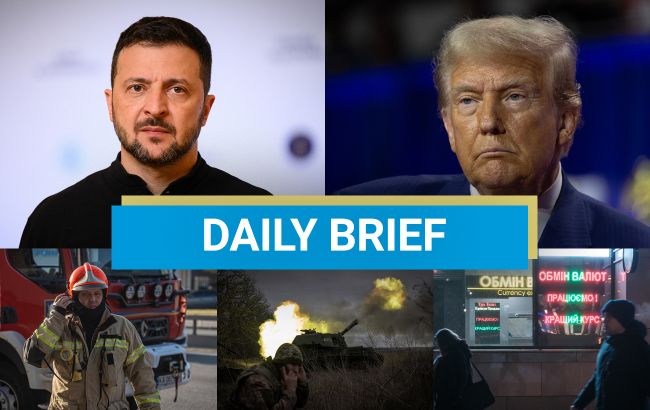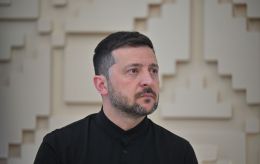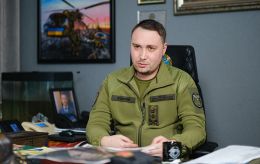Kellogg's visit to Kyiv and Trump's harsh statement on Zelenskyy - Wednesday brief
 RBC-Ukraine collage
RBC-Ukraine collage
The US President's Special Envoy for Ukraine and Russia arrived in Kyiv for a visit. Meanwhile, American leader Donald Trump has spoken out sharply against Ukrainian President Volodymyr Zelenskyy.
Read more about what happened on Wednesday, February 19.
Kellogg meets with Ukraine’s intelligence ahead of talks with Zelenskyy
Keith Kellogg, the US Special Envoy for Ukraine and Russia, arrived in Ukraine on February 19.
Kellogg has already met with Ukraine’s Commander-in-Chief Oleksandr Syrskyi, intelligence and security officials, and the Head of the Presidential Office Andriy Yermak.
Trump makes a harsh statement with threats to Zelenskyy
US President Donald Trump is dissatisfied that presidential elections are not being held in Ukraine during the war. The US leader called President Volodymyr Zelenskyy a "dictator without elections."
"Think of it, a modestly successful comedian, Volodymyr Zelenskyy, talked the United States of America into spending $350 Billion Dollars, to go into a War that couldn’t be won, that never had to start, but a War that he, without the US and 'TRUMP,' will never be able to settle," wrote the US president.
Putin claims Russia ready to resume peace talks with Ukraine
Russian President Vladimir Putin has expressed Russia's readiness to resume negotiations to end the war against Ukraine.
The Kremlin leader "positively assessed" the talks between American and Russian delegations in Riyadh. He was informed that the US officials present at the meeting were "open to joint work."
Media reveal Europe's plans for peacekeepers in Ukraine
European countries could deploy peacekeeping forces to Ukraine to monitor a ceasefire. The contingent is expected to include up to 30,000 soldiers, according to Western media.
Sources revealed that the latest proposal being considered in Europe involves creating an "reassurance" or "deterrence" force, comprising 25,000 to 30,000 soldiers. These troops would not be stationed on the front lines but would be prepared to respond if Russia resumes aggression.

